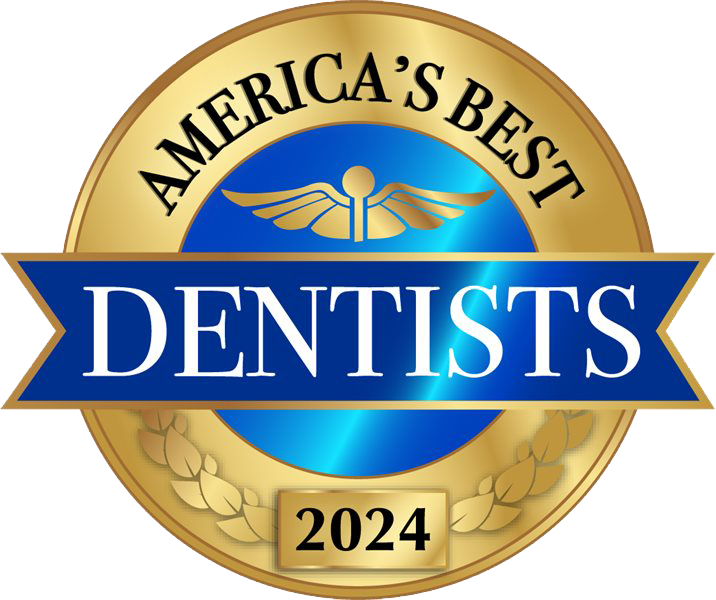Should My Child Be Using Mouthwash?
Cherrywood Dental • December 13, 2019
Many adults incorporate mouthwash into their oral hygiene routine to help freshen breath and keep cavities at bay. Not only does mouthwash help your mouth to feel clean and invigorated, but it can also assist with the buildup of plaque that you may have missed while brushing or flossing.
Mouthwash provides excellent benefits when used regularly, which may leave you wondering if your child should also be using mouthwash after brushing. Before introducing a new product, here are a few things to consider.
Cosmetic Vs. Therapeutic Mouthwash
There are two general categories of mouthwashes available:
Cosmetic Mouthwash
Cosmetic mouthwash helps to give your mouth a clean, pleasant taste while reducing bad breath. Cosmetic mouthwash will effectively treat the symptoms of bad breath; however, the underlying cause of the issue will not be effectively treated, and the bad breath will return.
Therapeutic Mouthwash
Therapeutic mouthwash helps to treat tooth decay, prevents gingivitis, and reduces plaque buildup. Therapeutic mouthwash may not effectively freshen your breath as well as a cosmetic mouthwash will; however, it is effective at treating the underlying cause of bad breath.
What About Fluoride?
Mouthwash with fluoride is specifically designed to reduce tooth decay from developing on the tooth enamel, which makes your teeth more resistant to cavities. Fluoridated mouthwash will not remove plaque, and it should not be considered a substitute for brushing and flossing your teeth. Protecting your teeth from harmful acids that eat away at the tooth enamel is the primary function of fluoride.
Benefits of Mouthwash
Because mouthwash isn’t a must-use for every child, check in with your child’s dentist before using it. Kids should always be supervised when first introducing a mouthwash to ensure they do not accidentally swallow it. Typical benefits that mouthwash can provide are:
- Boosted effects of brushing and flossing
- Can give kids fresher breath
- Provides extra cavity protection for kids over the age of six
- Can loosen bits of food that often get stuck in brackets for children wearing braces
- Can reach areas that may have been missed during brushing or flossing
Choosing The Right Mouthwash For Children
There are a number of excellent mouthwash options specifically designed for children. These products are typically alcohol-free and feature popular children’s cartoons and fun flavors that kids love. From bubblegum to grape, unique flavor combinations help to encourage kids to use the product routinely. Mouthwash for kids should be therapeutic and help to prevent cavities with fluoride as an essential ingredient. As a general rule, mouthwash should not be used by children under the age of six. However, in certain instances, your child’s dentist may prescribe a mouthwash for a child under the recommended age in individual cases.
Always Look For the ADA Seal of Approval
The American Dental Association tests the effectiveness and safety of oral products. To attain the ADA seal of approval, a product must prove to be safe and effective. We always suggest that you look for the ADA seal of approval prior to purchasing a product. Looking for the ADA seal will help you find a mouthwash that has been rigorously tested and approved by a legitimate association that advocates for oral health.
Remember: A Mouthwash Can’t Replace Great Oral Care Habits
Mouthwash is an extremely helpful tool to encourage your child to learn proper oral hygiene habits to keep their teeth and gums in great shape. Always remember that mouthwash cannot and should not replace great oral care habits including brushing and flossing. If you would like more information on what type of mouthwash your child should be using, ask Cherrywood Dental Associates for a personal recommendation at your child’s next exam.



